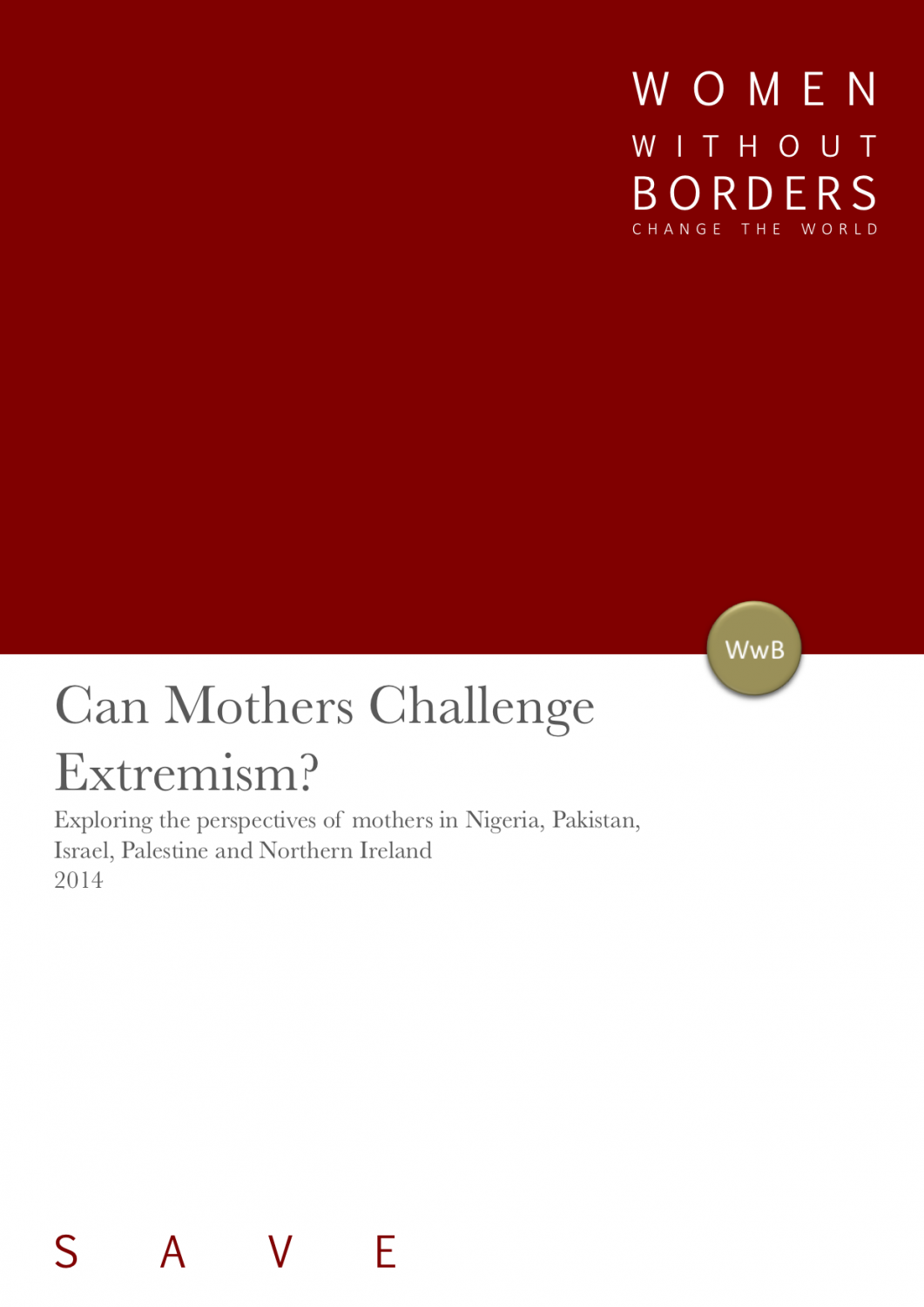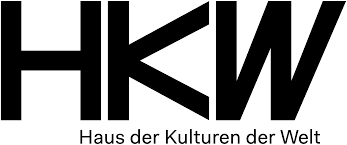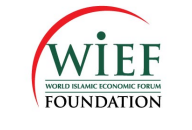Women without Borders (WwB) observed 1023 mothers’ attitudes towards, perceptions of, and experiences with radicalisation and violent extremism in Pakistan, Palestine, Israel, Nigeria, and Northern Ireland. The findings shed light on the vital role of Mothers Preventing Violent Extremism (MPVE). WwB applied the study to conceptualise and develop its globally-recognised ‘MotherSchools: Parenting for Peace’ Model.
To receive access to this publication, please email us at office@wwb.org.
The comprehensive view of global extremist violence indicates that as long as we lack a sufficient understanding of why young people join radical groups, we lack the information of how to effectively prevent radicalisation and curb extremist violence. It is evident that the development of preventative social and community-centered strategies based on social scientific research is imperative to strengthening global security strategies, but the question remain of what these strategies look like and how they are to be implemented. The ‘Can Mothers Challenge Extremism?’ study was designed to fill the gap in the current security paradigm. This study recorded 1023 mothers’ attitudes towards, perceptions of, and experiences with radicalisation and violent extremism in their families and communities in Pakistan, Palestine, Israel, Nigeria, and Northern Ireland. The study findings reveal that although mothers are best suited and situated to recognise and react to early warning signs of radicalisation due to their place at the heart of the family, often they lack the appropriate space, structures, and training to develop the necessary competence and confidence to assume their prevention role. On the basis of the research findings, WwB conceptualised and developed the pioneering and globally-recognised ‘MotherSchools: Parenting for Peace’ Model.
To receive access to this publication, please email us at office@wwb.org.




